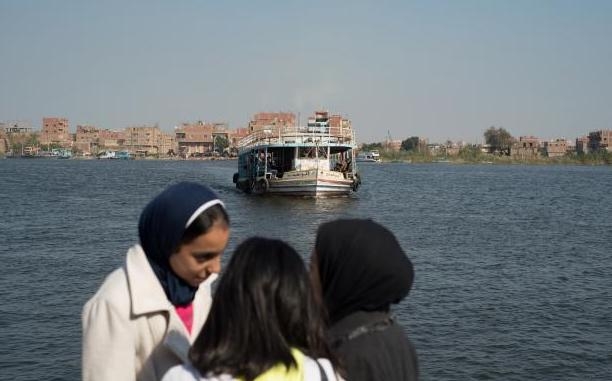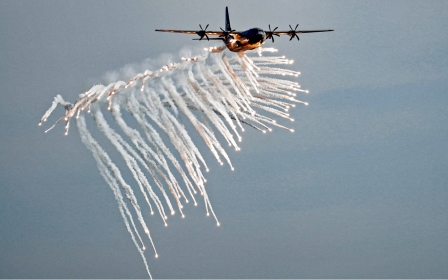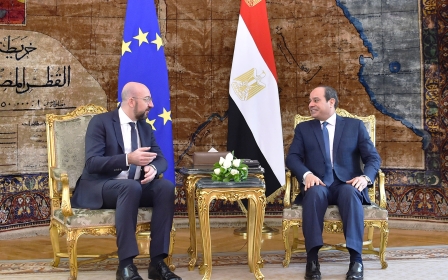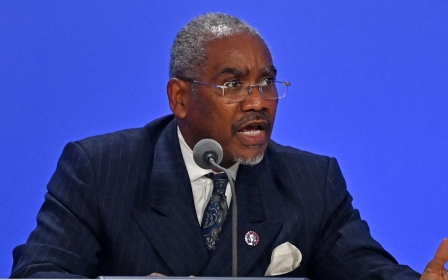Egypt: Sisi gives Nile island nature reserves to the army

Egyptian President Abdel Fattah el-Sisi has signed a decree handing over ownership of 37 islands to the military, overriding a pledge from a former administration that they would remain protected nature reserves.
According to the decree, which was issued on Tuesday, the move involves 36 Nile islands, the largest of which is Badrashin, and one marine island off the Mediterranean coast.
The decree cited a document from the Ministry of Water Resources and Irrigation that indicated the purpose of placing the islands under military ownership was in order “to protect them from various threats."
The government of longtime president Hosni Mubarak, which was overthrown during the Arab Spring in 2011, originally issued legislation in 1998 stating that all islands within the course of the Nile river were to be nature reserves.
The Nile islands, which are officially state-owned, are a contentious subject, particularly with regards to the residents living there.
The Egyptian government has long desired to redevelop the islands and has repeatedly threatened the residents with eviction.
One resident of al-Qursaya island told Mada Masr they feared that the transfer of the island to the armed forces would be followed by a rise in rent that would price them out of their homes.
“They will swarm us from the island and no one will stand with us," said the resident, who did not want to be identified.
A decision by Egypt's supreme administrative court in 2010 ruled that an earlier order to evict the residents of al-Qursaya should be annulled and gave the residents the right to remain.
Middle East Eye propose une couverture et une analyse indépendantes et incomparables du Moyen-Orient, de l’Afrique du Nord et d’autres régions du monde. Pour en savoir plus sur la reprise de ce contenu et les frais qui s’appliquent, veuillez remplir ce formulaire [en anglais]. Pour en savoir plus sur MEE, cliquez ici [en anglais].





